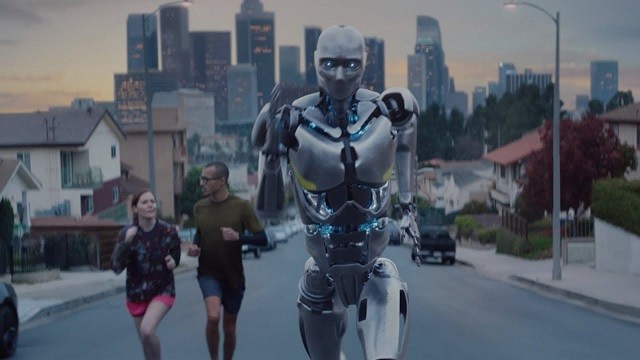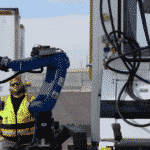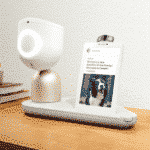|
Getting your Trinity Audio player ready... |
Technocrats invent and build because they can, not because there is any defined need to do so. As real humans are displaced, angst will grow against robots and AI, and the Technocrats who shoved it down their throat.









